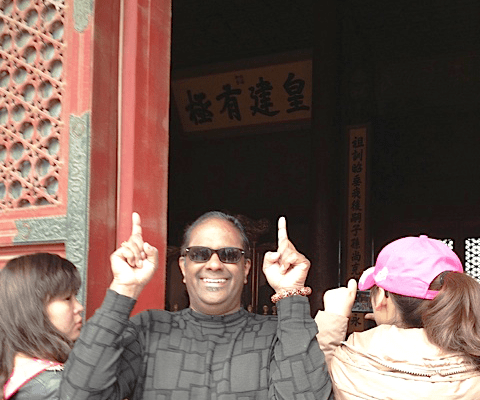
H1-B and F-1 Visas are the lifeblood of the tech industry
Donald Trump has made a huge mistake by massively limiting the H1B visas granted to foreign born engineers who want to work in America and also in eliminating the F1 Visas for college bound immigrants that wish to study here. These are the world’s brightest and most hard working young students that wish to come to study here at our colleges. In the technology driven information age we live in — this talent is the raw material of greatness.
We live in a time where tech companies are the largest companies in the world by market capitalization. Companies like Google, Microsoft, and Adobe are actually run by 1st generation immigrants into the USA. There is no denying that immigration has helped create the greatness that is America.
In fact one might argue this is the secret sauce that has made America great — the fact that the world’s smartest, most ambitious, most resilient young people want to come to America to study and work. Certainly this is true during the last thirty years of the Information age.
I was born in America but my father came over from India in the early sixties from India on an F1 visa. He washed dishes at night while going to school to get several masters degrees from SUNY Buffalo (I was born in Buffalo) and started a PhD at UCLA (which he never finished) as he went to work as an engineer for ITT. He was a brilliant hard working man who escaped an impoverished village in Kerala to come build a family and future in America. He came over on a third class boat ticket with literally nothing but ambition in his pockets. The American dream personified. He had a 40 year career working for some of the most legendary engineering companies on the planet.
I learned the immigrant hustle for him and was destined to be an entrepreneur from an early age –founding four different technology companies. One company I started. in the late 90’s, was a global consulting and engineering firm known as Karna Global. At our peak we had over 350 employees in 4 countries. Over the 10 years from 1999 to 2009 we brought to America (mostly from India) 200+ engineers on H1B visas and sponsored many of them to get green cards. These immigrant engineers have been making top wages in Silicon Valley and beyond since they arrived in the US. They have paid tens of millions in taxes as well as being great law abiding, kind and generous neighbors, teachers, friends, and officials. A substantial contribution to American society.
The ability to get the world’s brightest, most ambitious, and most resilient humans to want to come here to study, and work and build a family has been America’s secret weapon. To lose this would be a brutal loss.
Sadly we have changed both parts of the equation — Because of the current administrations’ decrees we no longer welcome them and most hurtful because of our positions and stature in the world and many decisions we have made (leaving the Paris accord, our handling of the pandemic, xenophobic backlashes) the world smartest and brightest and most ambitious have less of a desire to come make America their home.
When you are a successful technology start-up you always worry about brain drain. That is another technology company raiding your best employees. America has, up until now, had a huge advantage over every other country – that is a reverse brain drain. Where the smartest people alive all dreamed of making America their home. If this changes it will be traumatic for the technology industry and America in general. Lets work to change our policies so these great future citizens of America will continue to want to be here, study here, and work here in the future.
.







